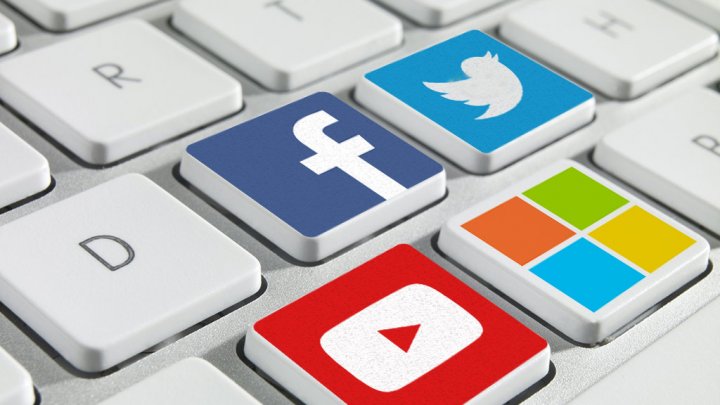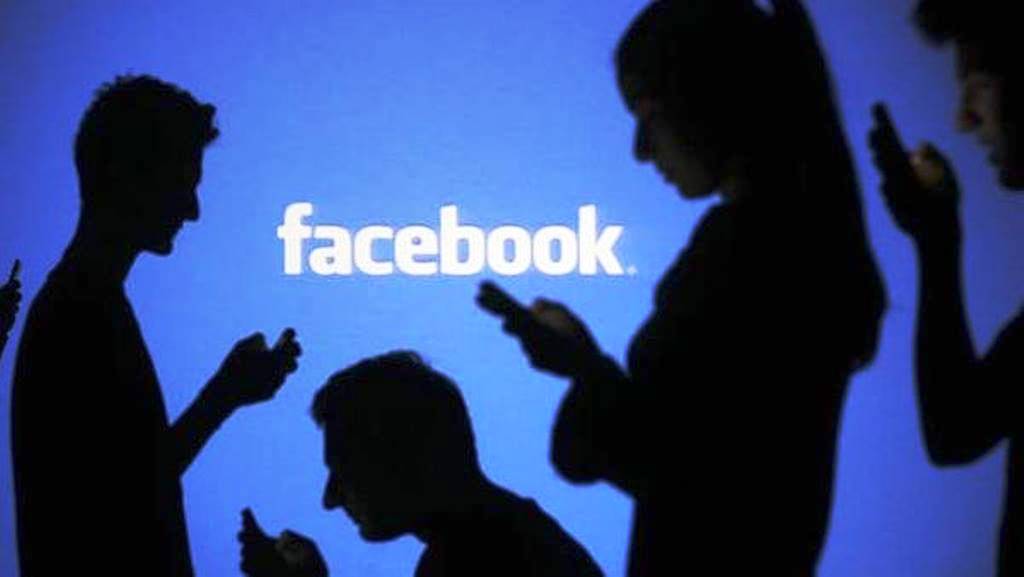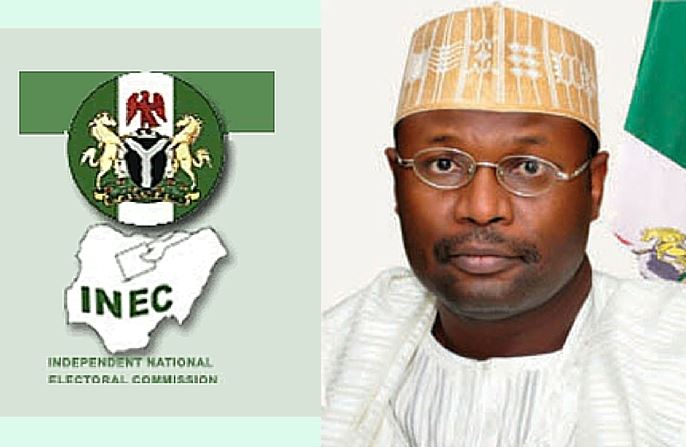Last week, a social media user uploaded a video of a passionate and disgruntled little girl, Success Adegor who felt cheated for being sent out of class because she defaulted in her school fees.
While this was not the first time that such stories and videos make it to the internet, however what took many who have now expressed interest to sponsor the little girl to whatever level of education she so desires is her willingness to receive strokes to stay in class.
Unlike the practice with some pupils who will rather run out of class even when not sent home just for the fun of play, Success told her interviewer that her parents were willing to pay and that the school authority should have whipped her rather than send her home for school fees.
As expected, the video went viral with celebrities and other good spirited Nigerians promising to take over the sponsorship of her education and some others who might be in similar pitiable situation.
Within two days, she turned a mini celebrity. Their Sapele home quickly wore a Mecca kind of tourist attraction. Guests of various calibre flooded her home. Like baby Jesus, several gifts ranging from school fees, school bags, book, cash and promises of scholarship flowed her direction.
The following day, Success displayed her new school bag with gratitude to the kindhearted Nigerians.
As Nigerians continue to show support for Success wellbeing, a Dublin based Youth leader, Mr. Lucky Fasa Eghagbevwa has moved a step ahead in preparing a successful life for Success. FASA has opened an account for her at First Bank PLC, Sapele, to enable her save whatever she has earned and will continue to receive. Though, Success is eight, the likes of Fasa has successfully planned a better future for her through Fasa Hope Foundations/ Fasa Volunteers for Oboro.
It is worthy of note that this is not the first time Mr Lucky Fasa Eghagbevwa is opening bank accounts for children. In July 2018, he opened over 30 bank accounts for children in Christ Hope Academy, Ekpan. Uvwie Local Government Area, Delta State.
When news men contacted Mr Lucky Fasa, on why he opened this account, he simply said that miss Success needs an educational trust fund rather than spending the money she is getting now for unnecessary things.
Consequently, the Delta State Government has since began the renovation of Success’ school and had sanctioned the head teacher for demanding illegal fees from her pupils.
For those who are willing to donate their token towards Success educational fund should make their donations to this : Account no is :3135820709
Account name: Adegor Success
Bank: First Bank, Sapele
May the Almighty God bless Fasa for this wise initiative.



